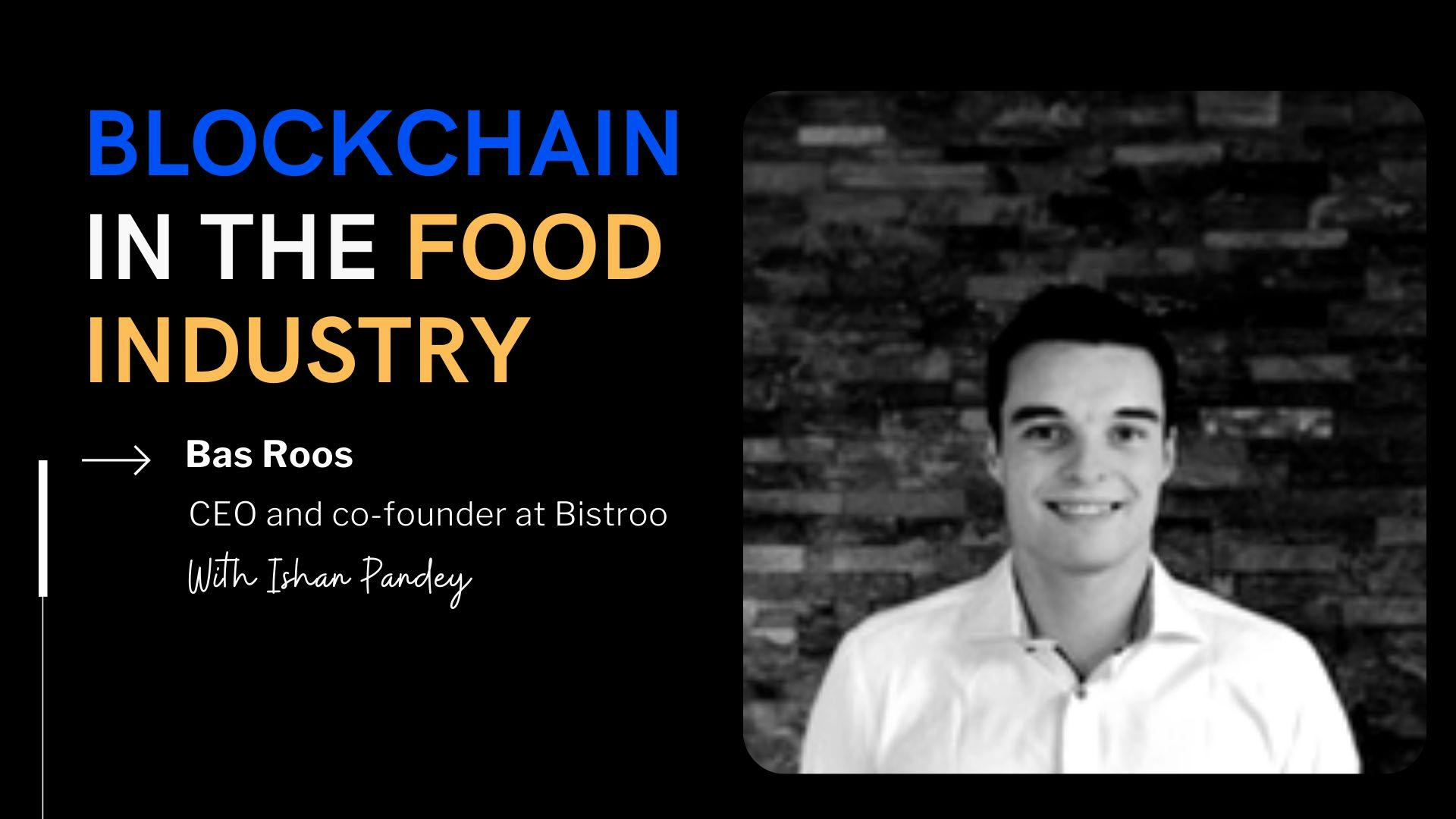1,770 reads
How Blockchain can Disrupt the Restaurant Industry
by
August 21st, 2021
Audio Presented by

Building and Covering the latest events, insights and views in the AI and Web3 ecosystem.
About Author
Building and Covering the latest events, insights and views in the AI and Web3 ecosystem.
